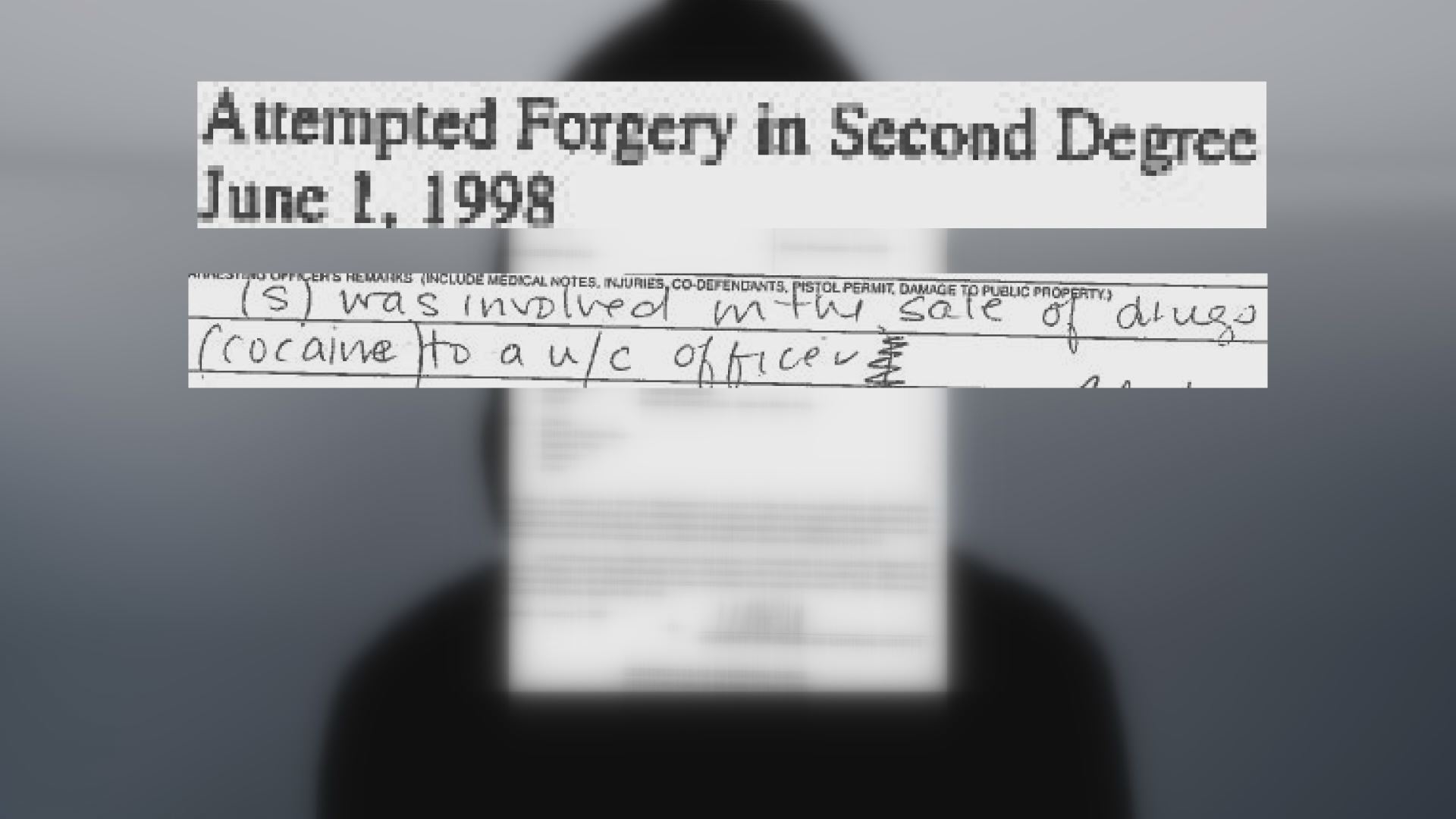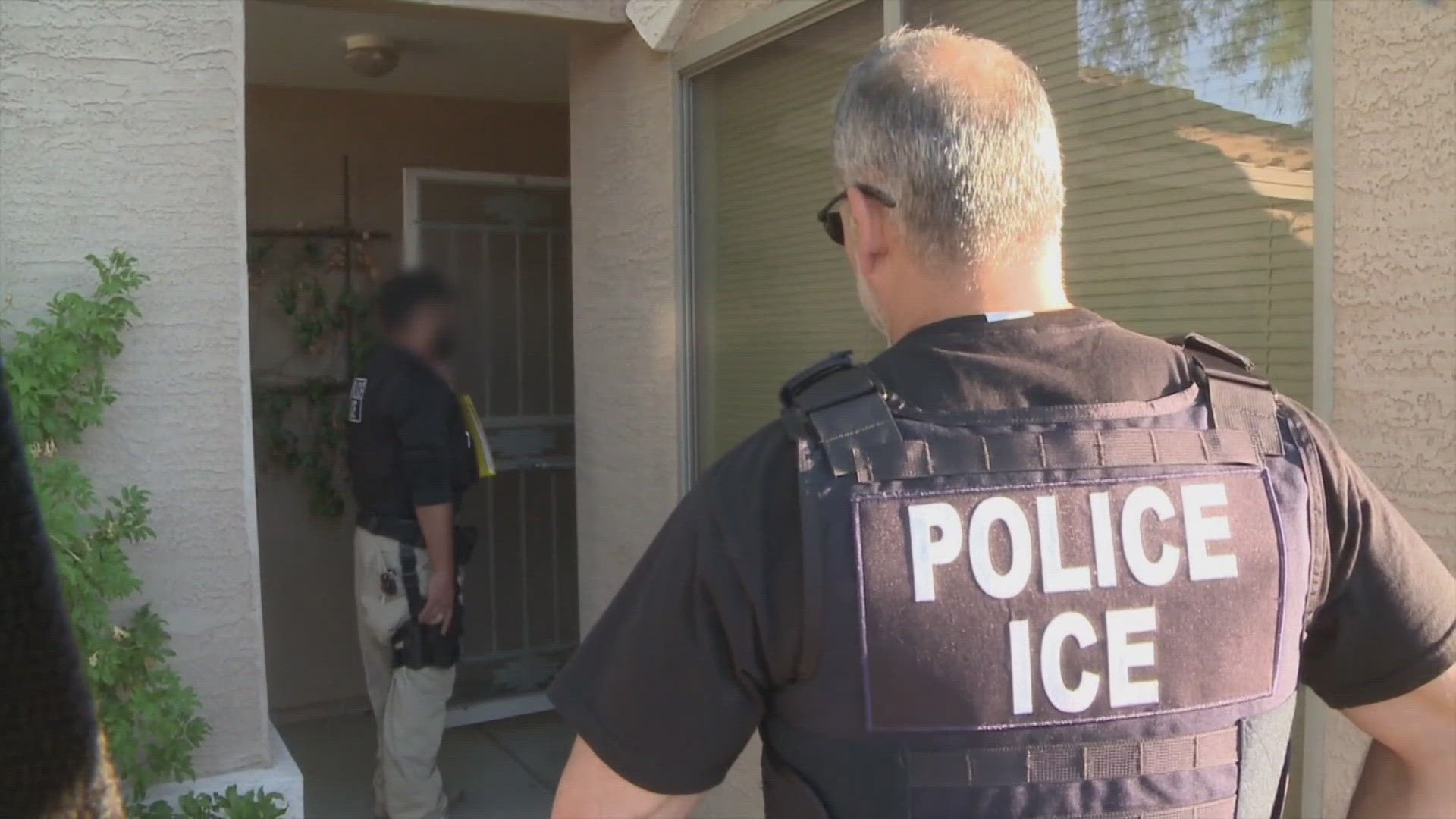The woman at the center of an alleged fake signature scandal has a criminal past that includes a conviction for attempted forgery.
Black Diamond Outreach, a Denver-based company, hired 45-year-old Maureen Moss to collect signatures for Republican U.S. Senate candidate John Keyser, Republican fourth district State Senate candidate Jim Smallwood and a ballot initiative.
A 9NEWS investigation and local media reports show at least some of the signatures for Keyser and Smallwood may have been forged.
The signatures she collected for the ballot initiative were tossed, according to Secretary of State spokeswoman Lynn Bartels.
PREVIOUS STORY: Keyser dodges 9NEWS' questions about petition signatures
In 1998, Moss admitted to using her grandmother's credit card to make nearly $1,000 dollars in purchases. She was sentenced to five years probation in Monroe County, New York.
In 2000, Moss sold cocaine to an undercover police officer. She was convicted of that crime, and was sentenced to between three years and six years of parole supervision.
In 2005, Moss pleaded guilty to unlawful imprisonment. Other charges, including robbery, were dismissed as part of a plea deal.
Black Diamond told 9NEWS over the phone they were aware of her past convictions but hired her anyway.
"At what point have people paid the price of their misdeeds?" said Black Diamond's Steven Adams.
Her case offers an example of the sometimes stark contrast between stringent campaigns and election laws, in which a candidate's every dollar and every action are scrutinized, and a loose ground game.
The state requires organizations that pay for signature collectors on ballot initiatives to register.
For candidates, signature collectors must only be a registered voter, but the entities that hire them don't have to register.
In those cases, oversight comes when the state reviews lists of signatures submitted by collectors. They must sign affidavits affirming they are registered voters, and that they were abiding by election law during the collection process.
"Collecting signatures is an art and a science and the firm that you choose to go out and collect these signatures is very important," said 9News democratic political analyst James Mejia.
Deputy Secretary of State Suzanne Staiert said the state has just one requirement for candidate campaign signature collectors: they must be registered voters.
Hiring a big-name company is no guarantee the signatures will stand.
"We've seen grass roots groups come back with 97 percent acceptance rate," she said.
Staiert also said acceptance rates can vary from entity to entity.
"A lot of the rejections that we see aren't individual signatures, they're rejections of entire petition sections because they were notarized correctly or the person wasn't a registered voter," she said.
Sometimes, rejection rates can go up when the burden for signatures is high. Staiert admits it's difficult to collect tens of thousands of valid signatures.
When there so much guessing in the ground game, Mejia says there's only one strategy that will work.
"You have to be organized," he said. "You have to be organized early."
Moss has not been charged with a crime as a result of the recent forgery allegations.


